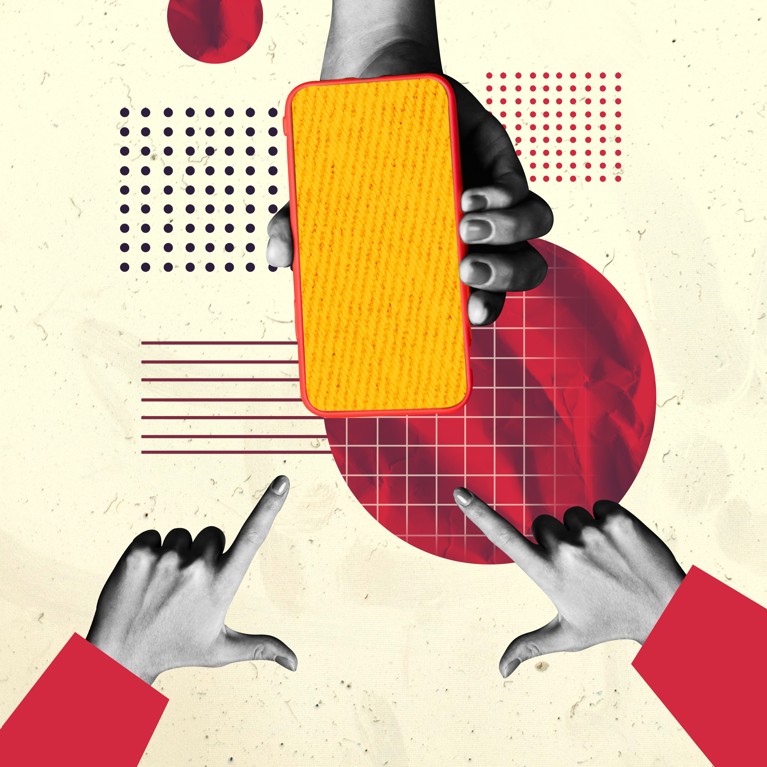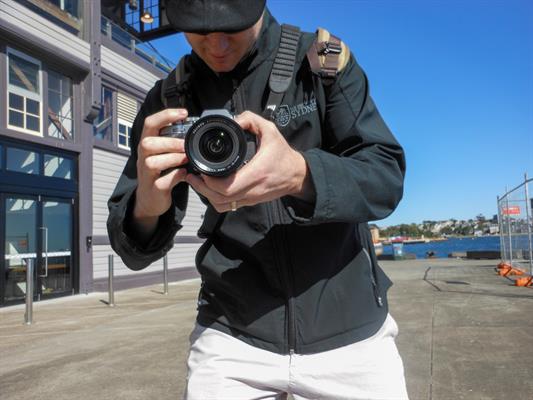- Posted on 30 Apr 2025
- 3-minute read
As election day draws closer, the electioneering on social media platforms continues. Mainstream reporting has focused on how politicians, including Prime Minister Anthony Albanese and opposition leader Peter Dutton, have been appearing alongside podcasters such as Abbie Chatfield and Lucy and Nikki.
Engaging with media personalities is taken very seriously, and this can be seen by Labor’s engagement of Diamantina Media, co-owned by the founders of the satirical Betoota Advocate, to advise on its "re-election podcast strategy".
While podcasts are worthy of attention, podcasting “influencers” are often well entrenched in traditional, or “old” media. For example, Abbie Chatfield and Lucy and Nikki have many years of combined experience in radio and television behind them.
YouTube has been around since 2005 but is still generally put in the “new media” box, especially by politicians. More than ever, this election campaign has seen political candidates engage with “new media” creators, including independent youtubers. This election-driven desire to reach youtuber audiences coincides with the increasing prominence of "newsfluencers", social media influencers who produce news content.
Independent youtubers provide political candidates great opportunities to reach younger demographics, as YouTube is where many young Aussies go to get informed. However, it also comes with risks, as independent youtubers are less predictable, and harder to manage, than traditional media outlets. For example, without editorial or managerial oversight, an interviewee may have little recourse for complaint if treated unfairly. In this election’s campaign, several politicians and political candidates have taken that risk.
Greens MP Max Chandler-Mather appeared on Punter’s Politics for the channel’s first ever politician interview. The questions were sourced from the channel’s audience members, and it included live fact-checking of Chandler-Mather's voting record and asset declarations.
In the election lead-up, Six News Australia, a teenager-run YouTube channel and media organisation, has been busy interviewing politicians such as Centre Alliance MP Rebekha Sharkie, Fusion party candidate Miles Whiticker, and independents Dai Le and Austin 'Aussie' Trump. The channel has even hosted live debates featuring candidates from the Libertarian Party, Legalise Cannabis Party, One Nation, and the Victorian Socialists.
It is not just independents and minor parties appearing on the channel. The PM was interviewed by a pair of Six News Australia journalists who, in less than fifteen minutes, grilled him on the cost-of-living crisis, his “broken promise”, the state of AUKUS, and what exactly Labor was offering young Australians.
The PM also recently sat down with another independent youtuber, Ozzy Man Reviews, this time in person, in a pub. The two had a friendly interview with several beers, the PM’s being zero alcohol. Despite the friendly vibe, difficult questions were asked—whether changes to negative gearing could help the housing crisis, and “why is it more straightforward to have clear convictions with Ukraine-Russia conflict than the Israel-Palestine conflict?”
Via independent youtubers, politicians may be able to get their messages out to hard-to-reach voters. However, this doesn’t mean the topics of discussion will always be easy or predictable. The above examples show that independent youtubers are doing more than producing news content. They are also facilitating public discussion and holding power to account.







